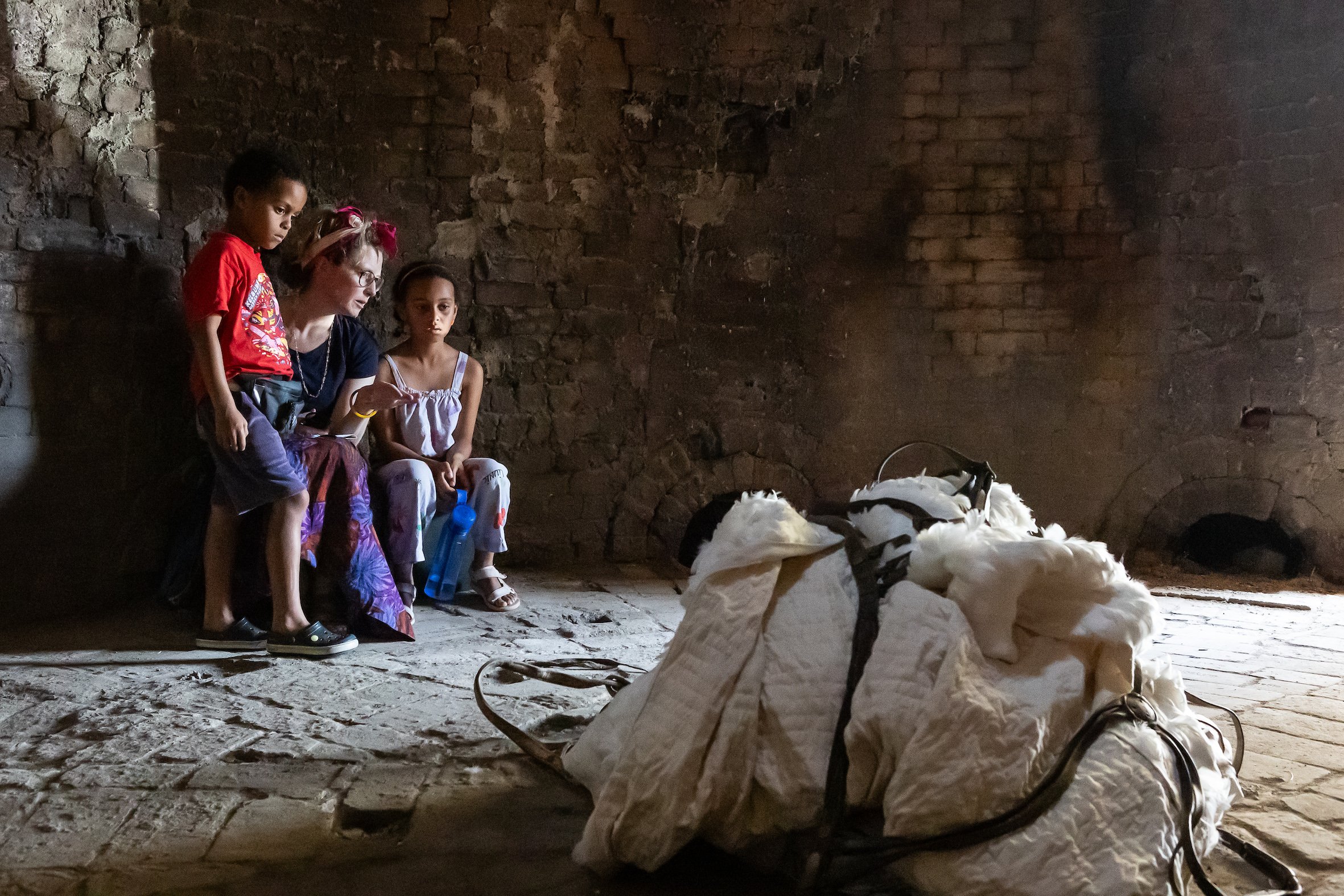Henna Asikainen
Henna Asikainen is a Finnish artist based in the UK. Her artwork is concerned with humans’ complex relationship with nature and its intersections with social justice, climate justice, migration, and notions of belonging.
Her work has developed alongside increasing scientific, social, and political concern for the habitability of the planet and the possibly permanent damage that the current economic system is causing to both human habitats and those of all other living things, as well as the more immediate impact of climate change on how and where people live.
Her work is often created with the participation of individuals who have lived experiences of displacement and seeking sanctuary. These participatory projects explore ecological and social issues through communal experiences within rural landscapes, examining issues such as the importance of access to nature and green spaces and how a sense of homelessness – of not belonging – is produced through exclusion.
Collaboration has been a significant part of Henna’s working approach since her practice-led PhD (2004) with Brazilian artist Silvana Macedo.
Henna has developed intersectional, participatory art projects across a range of organizations (heritage, natural science, third sector organizations) and in diverse environments, from the rainforests of Brazil and the boreal forests of Scandinavia to the rural landscape of Hadrian’s Wall in Northumberland National Park and the mudflats of Lindisfarne Nature Reserve. Each setting has offered a unique combination of ecological, cultural, and social/political circumstances, all pointing to the importance of understanding the deep structures that connect them, and the ways in which seemingly disparate elements – places, people, ecologies, and social issues – are interdependent and intertwined.
Henna has sometimes used the term ‘radical hospitality’ to describe aspects of her practice. While hospitality itself is not inherently radical, within the current hostile environment (directed towards those perceived as different or from elsewhere), it begins to feel like a radical, oppositional act. This approach is grounded in notions of friendship, hospitality, and recognition – meaning to make welcome and to dissolve the barriers that prevent people from participating fully in their communities.



